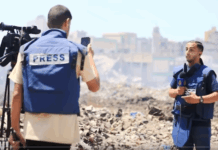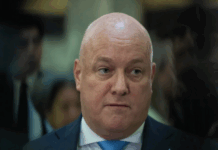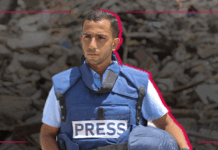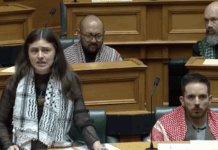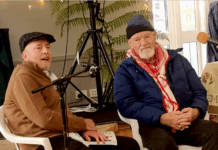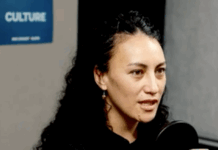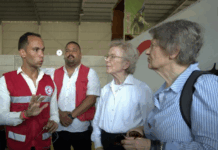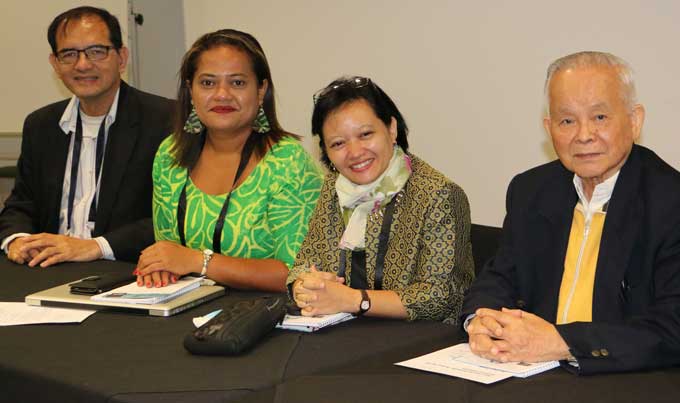
Climate change reportage in the Asia-Pacific needs to be stepped up and taken more seriously by the region’s media organisations. This was an issue agreed on by journalists and media educators who came together at a global journalism congress in Auckland earlier this month. TJ Aumua reports.
People stories
CNN Philippines editor Jose Maria Carlos says more “people stories” need to be told in the media to bring better interest and awareness to climate change.
“That is identifying families or individuals who have done something to deal with the impact of climate change. Whether it’s flooding, planting new types of crops that are resilient to the impacts of climate change, or simply moving out from dangerous areas to new locations.
“Your viewers are people, and they’re interested in people. If you use that approach first, then you can put in the hard stuff like statistics,” Carlos told Asia Pacific Report.
Carlos quoted from the Philippines Climate Change Commission which reported climate change awareness was high but the depth of understanding was lacking.
Local dialects
He said scientific terms and language barriers are part of the problem.
“You can’t have complex terms in your story, news has to be understood by all types of people,” Carlos said.
“If you are targeting fishermen or families in the coastal areas in the Philippines you won’t use English, you have to use their dialect so they will understand what climate change is all about and how they can deal with it.”
Youth voice
The head of media and communications at the National University of Samoa (NUS), Misa Vicky Lepou, talked to Asia Pacific Report about the importance of having the youth voice at the forefront of the issue.
“They are the future leaders of the [media] industry and the country,” Lepou says.
“Having that new voice in the media, they would of course progress this and take this to the next generation.”
Communication lecturer Dr Hermin Indah Wahyuni of Gadja Mada University in Indonesia encouraged young journalists to inspire their communities.
“They can do this by observing and offering them refreshing insights on climate change,” she says.
“Always offer new perspectives, irritate the society in a positive way and always rejuvenate the issue.
“Only media can keep society on their toes.”
Listen to TJ Aumua’s full audio podcast on the Pacific Media Centre’s SoundCloud channel.


